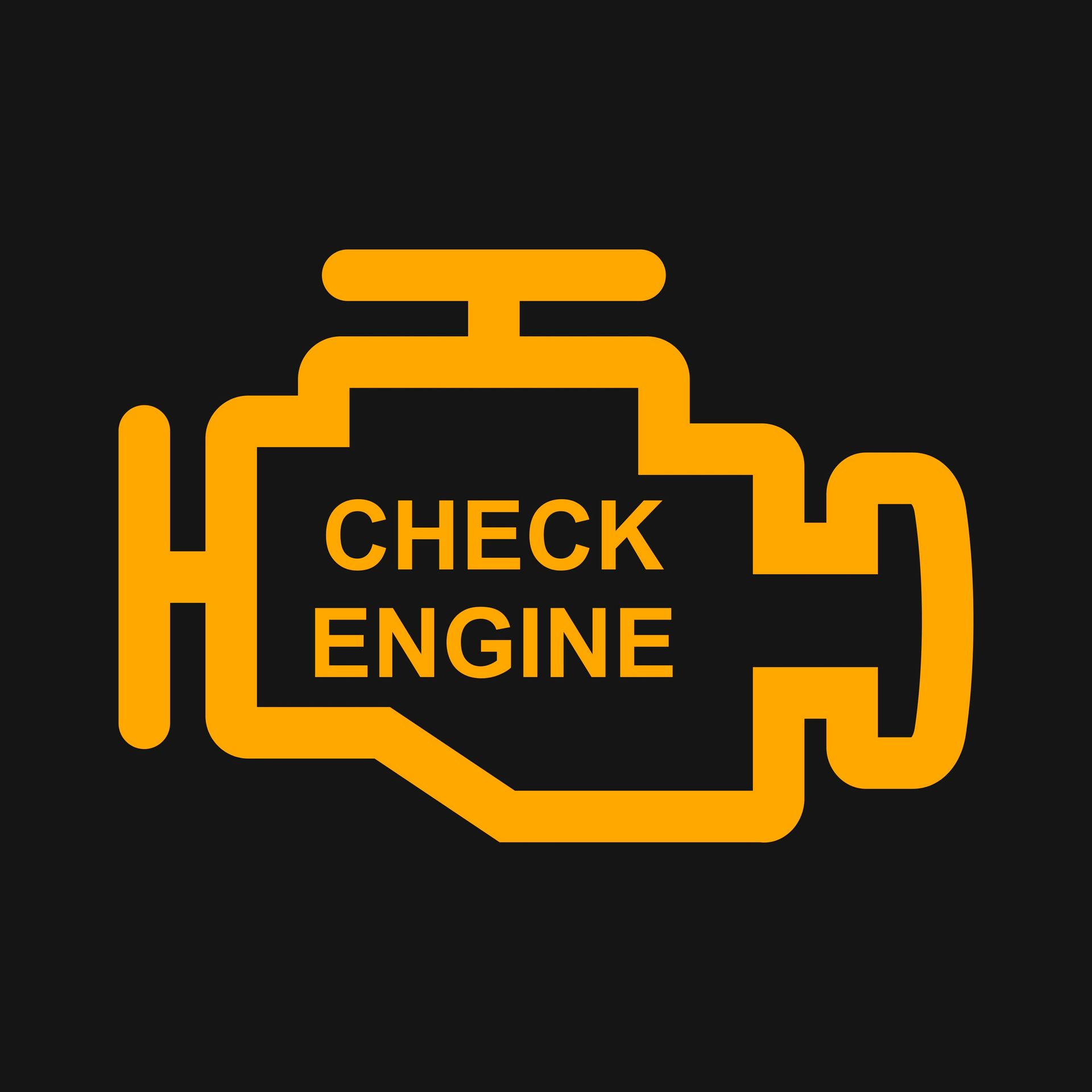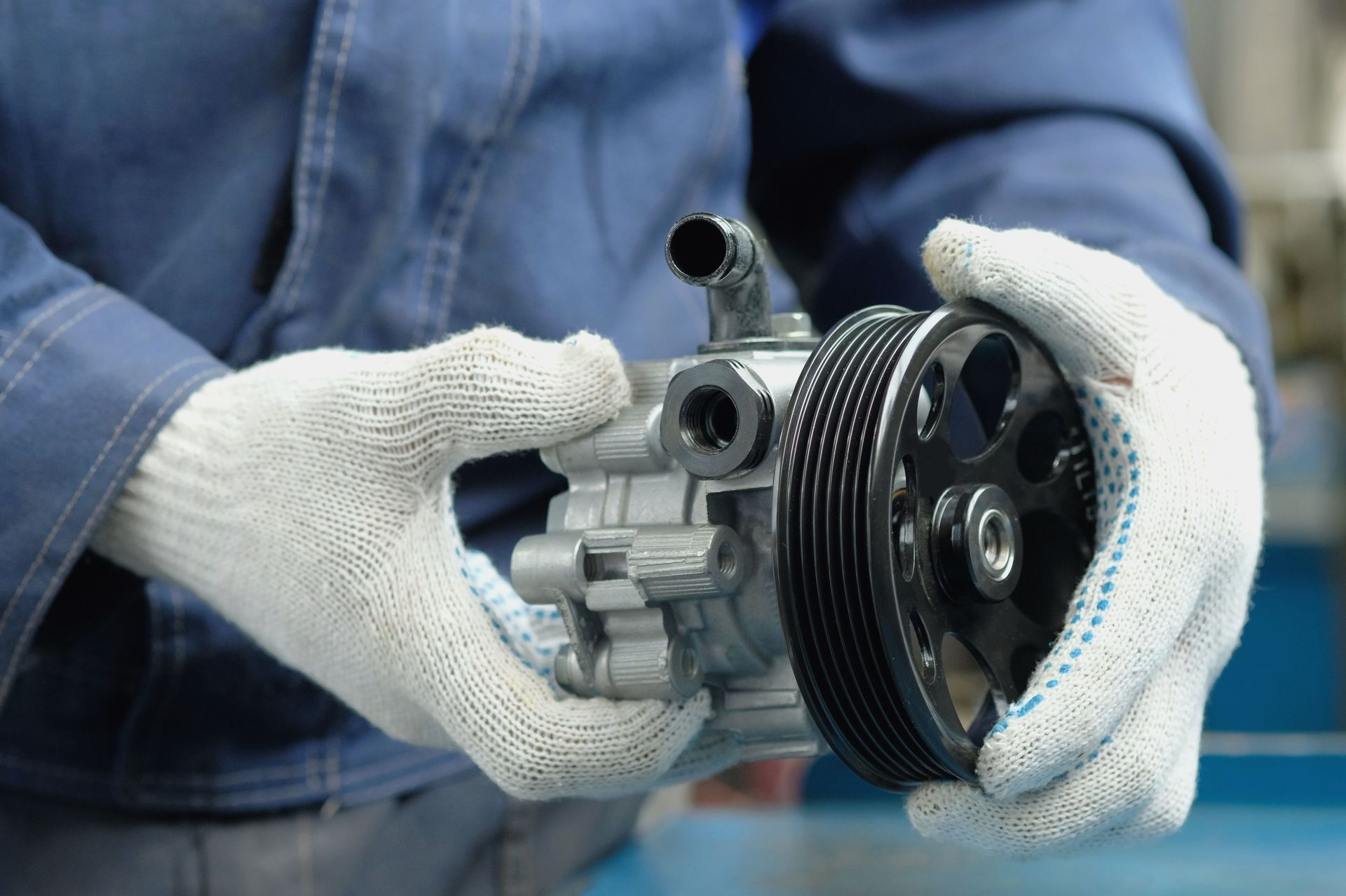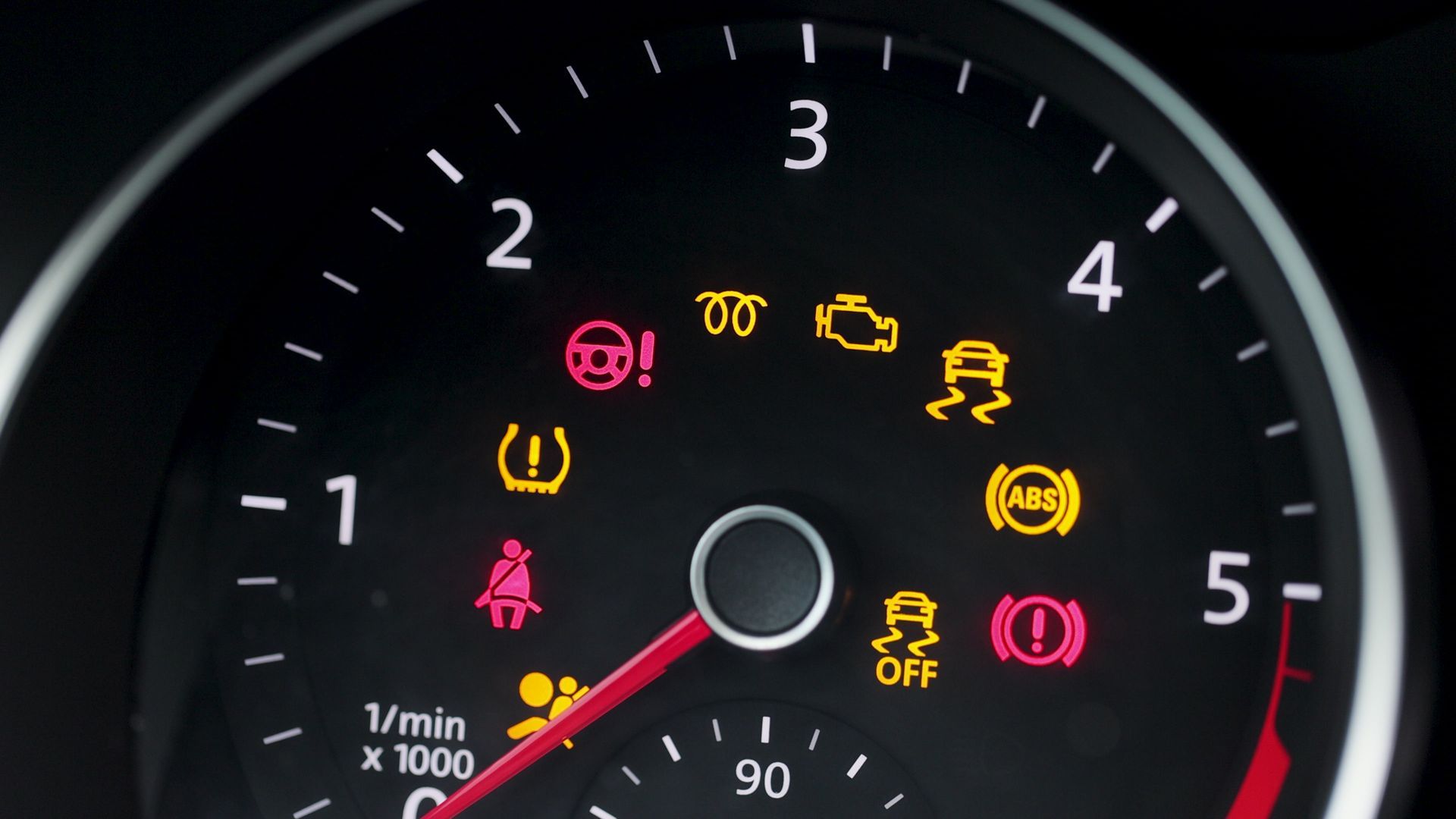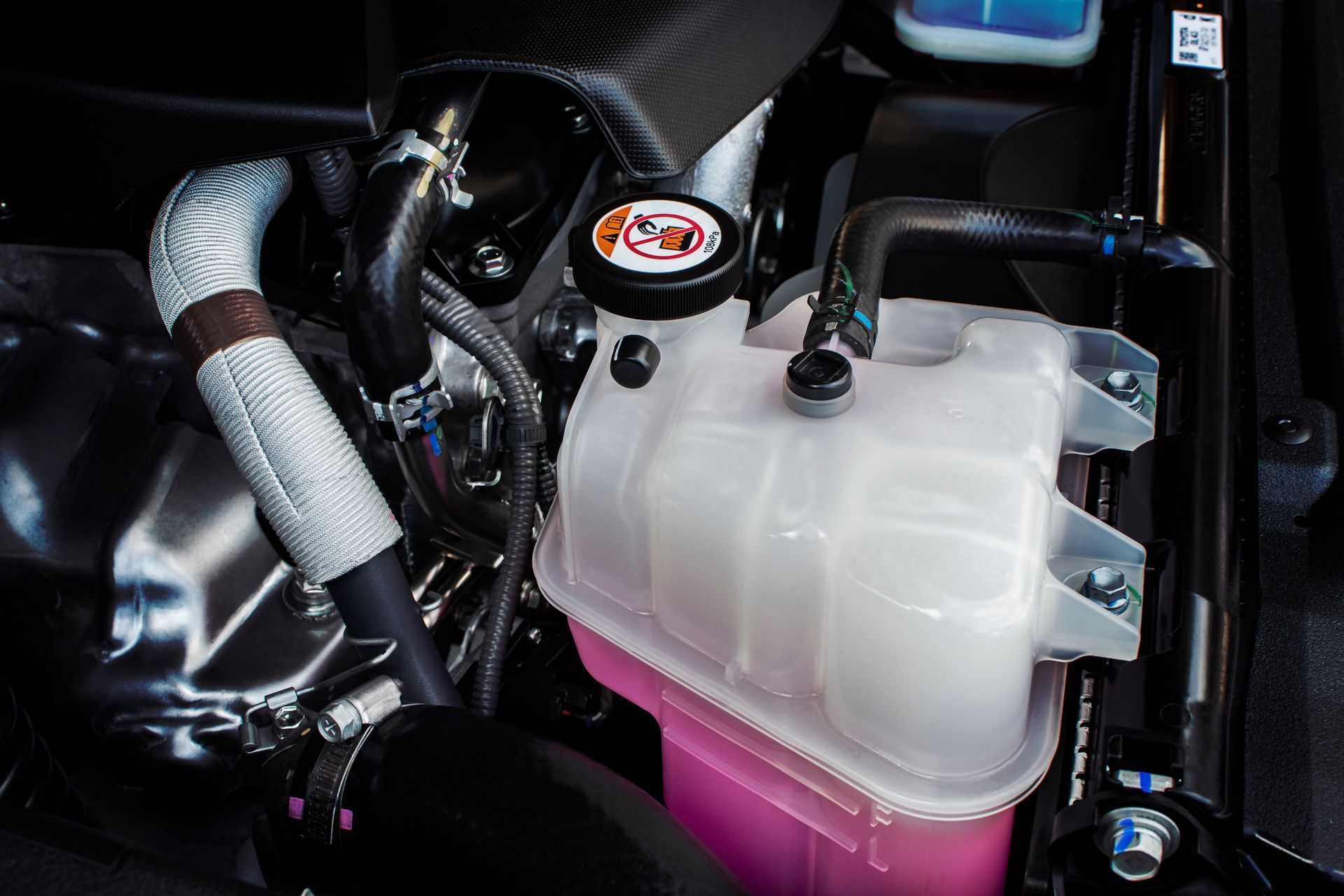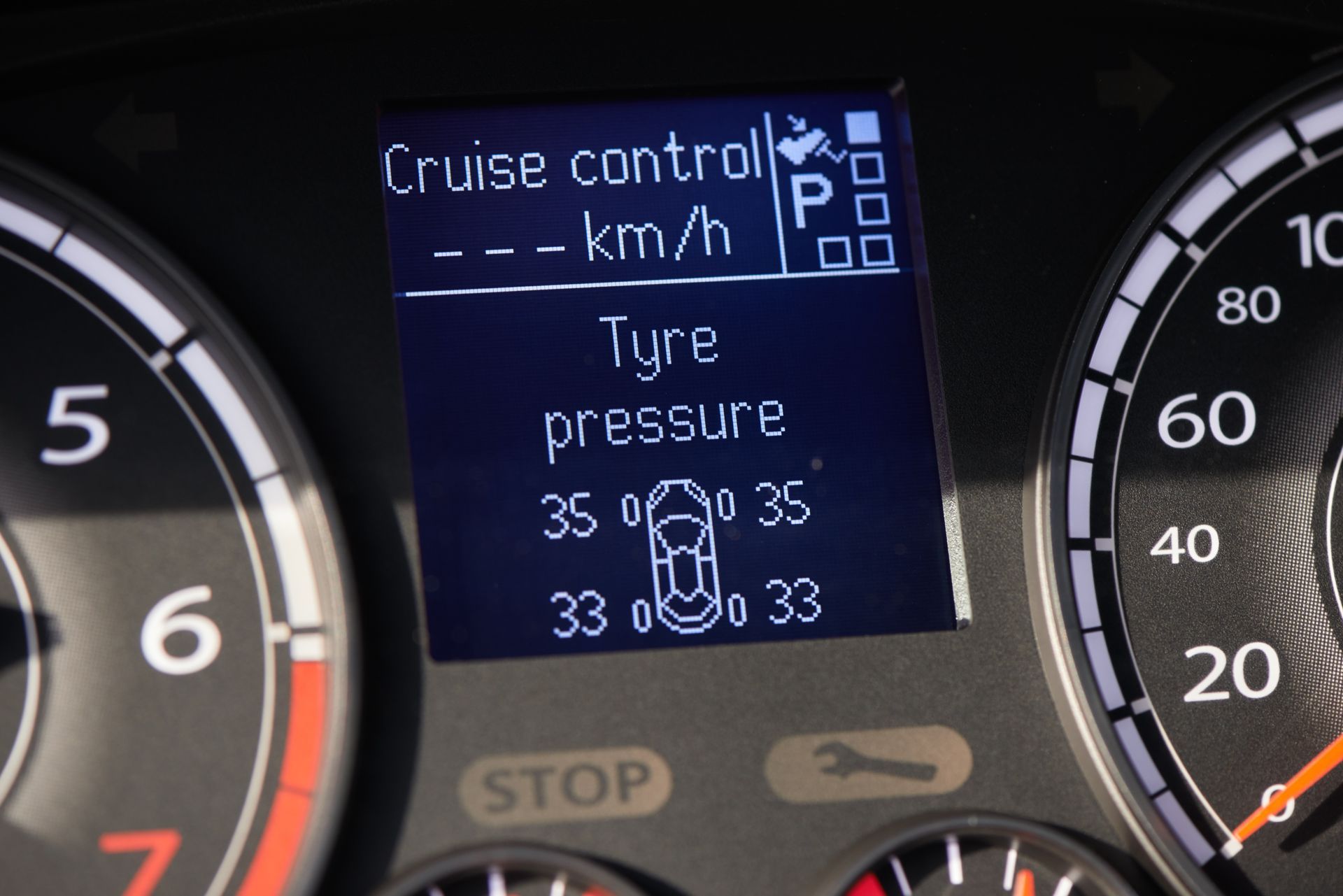Often overshadowed by more conspicuous components, the timing belt is a critical part of your vehicle's engine. It performs the essential task of synchronizing the crankshaft and camshaft rotation, ensuring that the engine's valves open and close precisely during each cylinder's intake and exhaust strokes. This meticulous coordination is vital for your engine to operate. Without a properly functioning timing belt, your car's engine could face significant performance issues and catastrophic failure.
The Vital Role of the Timing Belt
The timing belt, often overlooked by many drivers, plays a critical role in your car's engine. It synchronizes the rotation of the crankshaft and the camshaft, ensuring that the engine's valves open and close at the proper times during each cylinder's intake and exhaust strokes. This precise coordination is essential for your engine to run smoothly and efficiently.
Consequences of Ignoring Timing Belt Replacement
1. Engine Damage
Ignoring the replacement of your timing belt can lead to catastrophic engine damage. If the belt breaks, the pistons and valves can collide, resulting in bent valves, damaged pistons, and even a destroyed engine block. This damage is often so severe that it requires a complete engine rebuild or replacement, which can be incredibly expensive.
2. Unexpected Breakdowns
A worn-out timing belt can snap without warning, leaving you stranded. Unlike other car parts that give warning signs before failing, a timing belt failure often occurs suddenly. This can happen anywhere, anytime, leading to inconvenient and potentially dangerous situations, especially if it occurs on a busy highway or in the middle of nowhere.
3. Costly Repairs
Repairing an engine after a timing belt failure is far more costly than the preventative measure of replacing the belt. The labor and parts required to fix the engine damage caused by a broken timing belt can easily run into thousands of dollars. Regularly replacing the timing belt, as your vehicle's manufacturer recommends, is more cost-effective.
4. Reduced Engine Performance
As the timing belt ages, it can stretch and wear out, causing the engine's timing to become less precise. This can lead to poor engine performance, reduced fuel efficiency, and increased emissions. Maintaining a properly functioning timing belt ensures your engine runs at its best.
Signs Your Timing Belt Needs Replacement
While it's best to follow the manufacturer's recommended replacement schedule, there are signs that your timing belt might be nearing the end of its life. Look out for unusual noises such as ticking or clicking coming from the engine, difficulty starting the car, or visible wear and tear on the belt itself. If you notice any of these signs, it's crucial to have your timing belt inspected by a professional mechanic immediately.
How Often Should You Replace the Timing Belt?
The replacement interval for timing belts varies by manufacturer and model. Typically, it ranges between 60,000 and 100,000 miles. However, it's essential to consult your vehicle's owner's manual or speak with a trusted mechanic to determine the specific interval for your car. Adhering to this schedule can save you from unexpected failures and costly repairs.
The Process of Replacing a Timing Belt
Replacing a timing belt is not a simple DIY task. It involves removing several engine components, aligning the new belt precisely, and ensuring that the engine's timing is accurate. This complex process requires specialized tools and expertise, making it a job best left to professional mechanics. Trusting an experienced technician ensures the replacement is done correctly, providing peace of mind and prolonging the life of your engine.
The Key to Longevity
Regular maintenance is the key to extending the life of your vehicle and preventing major repairs. Besides replacing the timing belt, consider inspecting other related components, such as the water pump, tensioners, and pulleys, during the replacement process. These parts often wear out simultaneously, and replacing them together can save you from future labor costs and ensure optimal engine performance.
Are you worried about your timing belt?
Snider Automotive has you covered. Our experienced team will inspect and replace your timing belt to prevent costly engine damage and safely keep you on the road. Contact us now to book your service!

